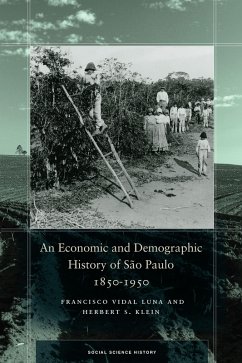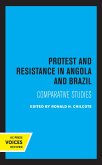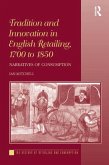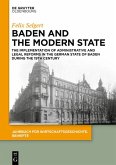São Paulo, by far the most populated state in Brazil, has an economy to rival that of Colombia or Venezuela. Its capital city is the fourth largest metropolitan area in the world. How did São Paulo, once a frontier province of little importance, become one of the most vital agricultural and industrial regions of the world?
This volume explores the transformation of São Paulo through an economic lens. Francisco Vidal Luna and Herbert S. Klein provide a synthetic overview of the growth of São Paulo from 1850 to 1950, analyzing statistical data on demographics, agriculture, finance, trade, and infrastructure. Quantitative analysis of primary sources, including almanacs, censuses, newspapers, state and ministerial-level government documents, and annual government reports offers granular insight into state building, federalism, the coffee economy, early industrialization, urbanization, and demographic shifts. Luna and Klein compare São Paulo's transformation to other regions from the same period, making this an essential reference for understanding the impact of early periods of economic growth.
This volume explores the transformation of São Paulo through an economic lens. Francisco Vidal Luna and Herbert S. Klein provide a synthetic overview of the growth of São Paulo from 1850 to 1950, analyzing statistical data on demographics, agriculture, finance, trade, and infrastructure. Quantitative analysis of primary sources, including almanacs, censuses, newspapers, state and ministerial-level government documents, and annual government reports offers granular insight into state building, federalism, the coffee economy, early industrialization, urbanization, and demographic shifts. Luna and Klein compare São Paulo's transformation to other regions from the same period, making this an essential reference for understanding the impact of early periods of economic growth.
Dieser Download kann aus rechtlichen Gründen nur mit Rechnungsadresse in A, D ausgeliefert werden.









